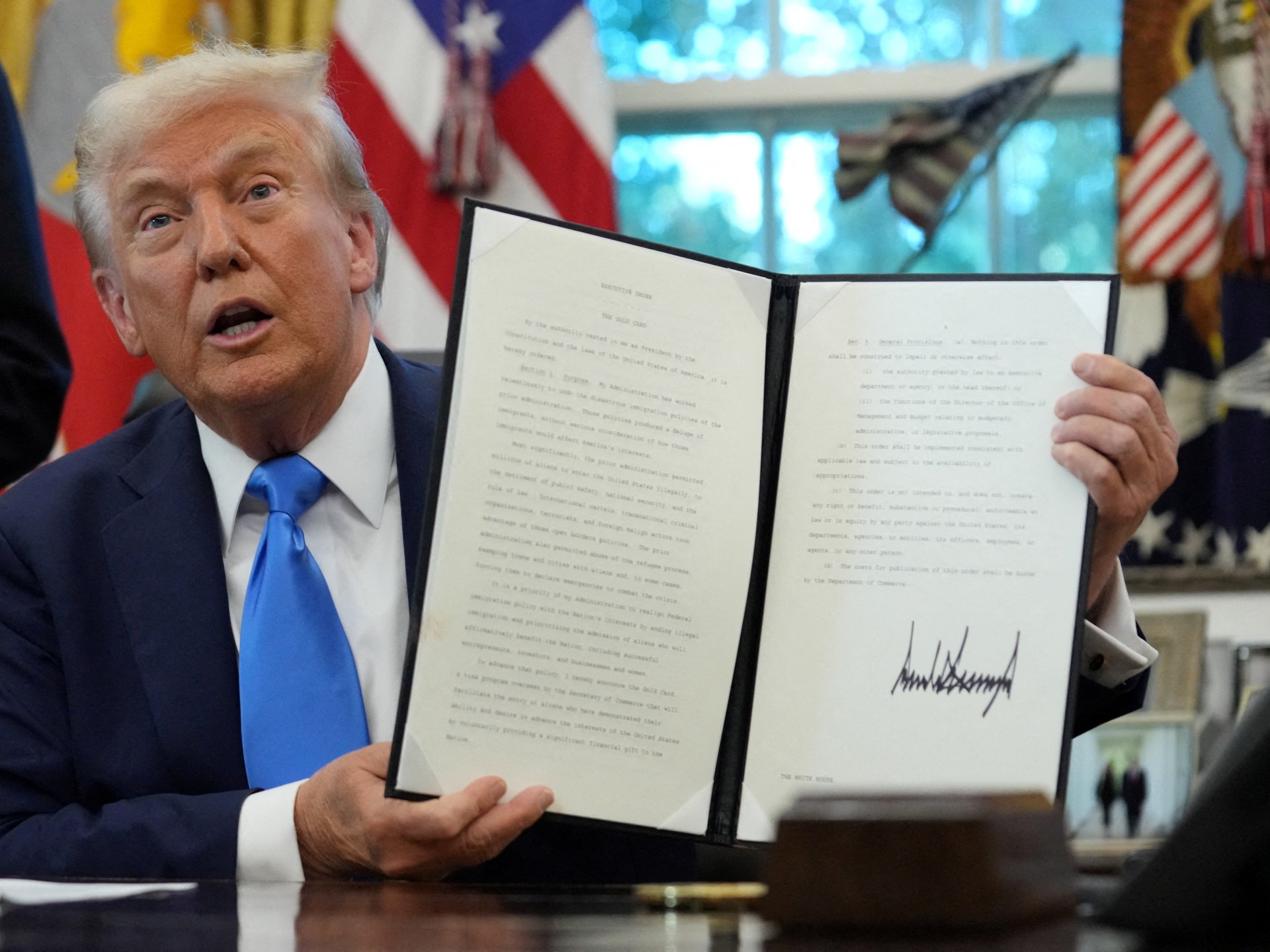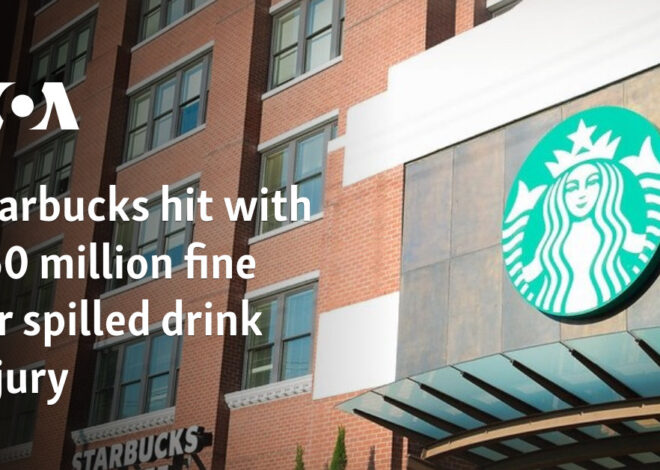
Good News for H-1B Visa Holders: $100,000 Fee Exemption Announced
<div id="news-article">
<p class="article__subhead">
<em>The White House clarifies that the new $100,000 fee only applies to new applicants and will be charged per petition.</em>
</p>
<p>The U.S. government has officially clarified its recently announced H-1B visa policy, emphasizing that the new $100,000 fee for skilled workers will apply only to new applications and not to current visa holders.</p>
<p>This announcement, made on Saturday, follows remarks by U.S. Secretary of Commerce Howard Lutnick, who initially stated that the fee would be collected annually and apply to both new visa requests and renewals.</p>
<section class="more-on">
<h2 class="more-on__heading">Recommended Stories</h2>
<span class="screen-reader-text">list of 4 items</span>
<span class="screen-reader-text">end of list</span>
</section>
<p>In response to Lutnick’s comments, major tech companies such as Amazon, Microsoft, Meta, and Alphabet advised their H-1B employees to remain in the U.S. or return immediately, raising concerns about the potential implications of the new fee.</p>
<p>However, White House Press Secretary Karoline Leavitt assured that the fee only pertains to new applicants, stating, “This is NOT an annual fee. It’s a one-time fee that applies only to the petition.”</p>
<p>Leavitt further clarified that current H-1B visa holders situated outside the country would not incur the $100,000 fee to re-enter. This fee pertains solely to new visas, excluding renewals and existing visa holders.</p>
<p>The executive order was signed by President Donald Trump on Friday evening and is set to take effect at 12:01 AM on Sunday. It's slated to last for one year, though it could be renewed if deemed advantageous for the U.S.</p>
<p>The H-1B visa program is crucial for companies seeking to sponsor foreign skilled workers, including scientists, engineers, and tech professionals. Typically, these visas are granted for three years, extendable to six, with a significant portion going to Indian nationals.</p>
<p>Critics argue that the program undermines American workers by attracting international talent willing to accept lower wages. The concern is that many foreign workers are willing to work for around $60,000, starkly contrasting the $100,000-plus salaries common in the U.S. tech sector.</p>
<p>India's Ministry of External Affairs is currently evaluating the implications of Trump's new policy, expressing concerns about its potential humanitarian impact on families affected by the disruptions.</p>
<p>The U.S. Chamber of Commerce has also characterized the fee as worrisome, stating, “We’re concerned about the impact on employees, their families and American employers.”</p>
<p>On social media platforms, H-1B holders shared stories of hastily returning to the U.S., fearing that they would be subject to the new fee upon re-entry.</p>
<p>Some individuals, already onboard flights, chose to de-board, anxious about the possibility of being barred from re-entering the country, as reported by the *San Francisco Chronicle*.</p>
<p>Allen Orr, an immigration lawyer, described the recent developments as “mass confusion,” mentioning that those with new or renewed H-1B visas were advised against traveling, causing delays and financial losses.</p>
<p>“If it applies next year, $100,000 for an H-1B worker basically removes these opportunities from the market, leaving many jobs overseas,” Orr warned, emphasizing that the U.S. has historically benefited from global talent.</p>
<p>In conclusion, the impending fee for new H-1B visa applications has sparked widespread concern and confusion among tech companies and workers alike, potentially affecting the U.S.'s appeal as a destination for global talent.</p>
</div>Published: 2025-09-21 03:25:00 | Source: www.aljazeera.com



